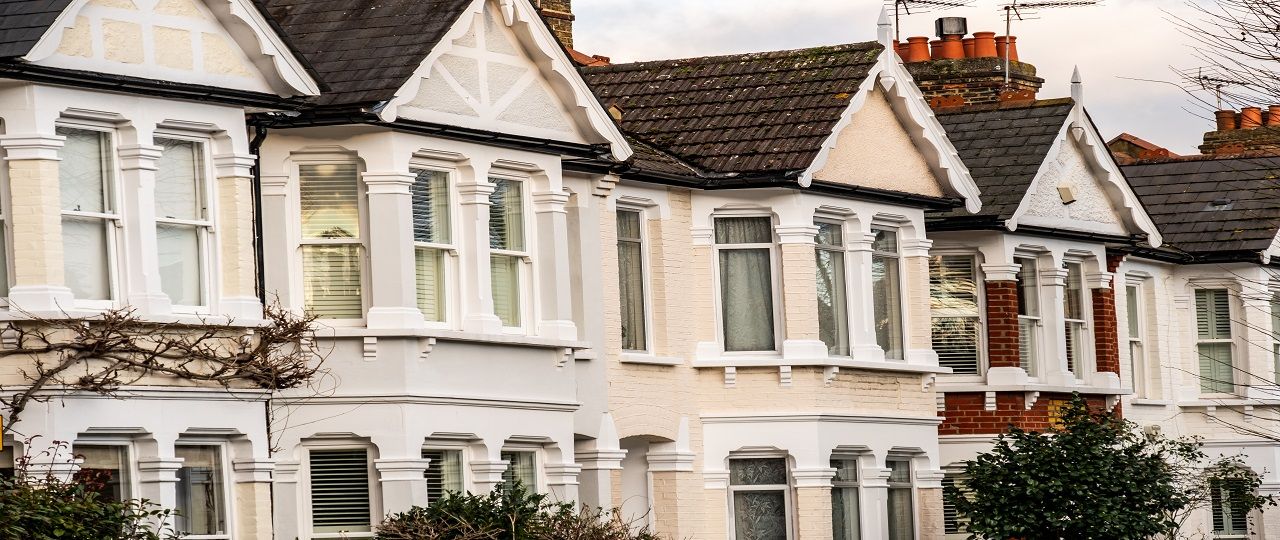
Sarah Emmerson
Head of Lettings Operations and Compliance


Head of Lettings Operations and Compliance
The government has announced a ‘once-in-a-generation overhaul of housing laws’ that could have a major impact on the rental market.
According to the government, the Renters Reform Bill will improve the system for 11m private tenants and 2.3m landlords in England.
The Bill, which was introduced to Parliament in May 2023, aims to deliver on the government’s 2019 manifesto commitment to scrap section 21 ‘no fault’ evictions. It comes nearly a year after the government published a white paper outlining its plans to reform the private rented sector.
Here, we outline the key takeaways from the Renters Reform Bill:
Ban on section 21 ‘no fault’ evictions and move to periodic tenancies. The reform is designed to protect tenants from being evicted unfairly, ‘providing more security for tenants and empowering them to challenge poor practice and unfair rent increases without fear of eviction’, the government says. Section 21 currently allows landlords to evict tenants in any circumstance.
Introduction of 'more comprehensive’ possession grounds.This change is set to make it easier for landlords to gain possession of their property where tenants are at fault, such as repeatedly missing rent and anti-social behaviour. The shake-up will also apply to landlords who want to get their property back if, for example, they wish to sell it or move themselves or family in.
Ensure tenants can challenge rent increases. Under plans, landlords will be able to raise rents once per year and must give tenants two months’ notice of any change. Tenants will be able to appeal rent rises they consider above market rate through an independent tribunal.
Creation of a new private rented sector ombudsman to resolve disputes between landlords and tenants.It will ‘prove quicker, cheaper, and less adversarial than the court system’,the government pledged. All landlords would be required to join it.
Launch of a new private rented property portal for landlords and tenants. The aim is to provide a one-stop shop for landlords to help them get to grips with their legal obligations and compliance. All landlords would be required to sign up. It is also expected to increase transparency and information about the rental journey for tenants.
Give tenants the right to ask for a pet at home. Landlords should consider tenant requests to keep a pet, and ‘cannot unreasonably refuse’ them, the government says.
The government also pledged to bring forward legislation as part of the Bill to apply the Decent Homes Standard to the private rented sector, making it illegal for landlords and agents to have ‘blanket bans’ on renting to tenants who receive benefits or with children, and strengthen council’s enforcement powers.
The Bill needs to make its way through Parliament, where it will be debated and subject to amendments, before it can become law.
Sarah Emmerson, Director, London Residential Lettings at Strutt & Parker, explains: “While the majority of tenants live in safe and secure rentals, the Bill encourages protection for those who don’t – those tenants who live in unsafe and unfit homes. The Bill is set to have afar-reaching impact. One fifth (20.3%) of households in England and Wales now live in the private rented sector, up from 16.7% in 2011, according to the latest census in 2021.”
Commenting at the introduction of the Bill, Polly Neate, Chief Executive of Shelter, warned that renters must be kept at the forefront ‘to make sure the Bill has the teeth needed for real change’.
She said: “A strong Bill would be a game changer,meaning tenants can live without fear their homes could make them sick, families feel able to put down roots in their communities, and worries about being unfairly evicted are a thing of the past.”
The Renters Reform Bill is set o be the latest in a series of changes to alter the landscape for landlords.
Rebecca Shafran, Senior Associate Director, Alternatives Market Research at BNP Paribas Real Estate, explains: “Landlords in the private rented sector have come under increasing pressure in the last four years or so, due to more stringent regulatory and compliance conditions. This has already led to an estimated 300,000 small private landlords leaving the sector, according to our analysis of DLUHC English Housing Survey. More recently, high mortgage rates are eroding landlord profits.”
Shafran adds: “The Renters Reform Bill includes measures that will come as a relief to landlords, such as making it simpler for them to repossess their property. The Bill does need to be analysed carefully though to ensure that the end result doesn’t deter landlords and prompt a further reduction in the supply of much-needed rental homes.”
The National Residential Landlords Association (NRLA) pointed out that the Renters Reform Bill ‘lacks vital detail’. “Whilst we welcome the government’s pledge to ensure landlords can effectively recover properties from anti-social tenants and those failing to pay rent, more detail is needed if the Bill is going to work as intended,” said NRLA Chief Executive, Ben Beadle.
Need more information? Our Lettings teams are on hand to give expert advice and support on how the Renters Reform Bill could impact you.